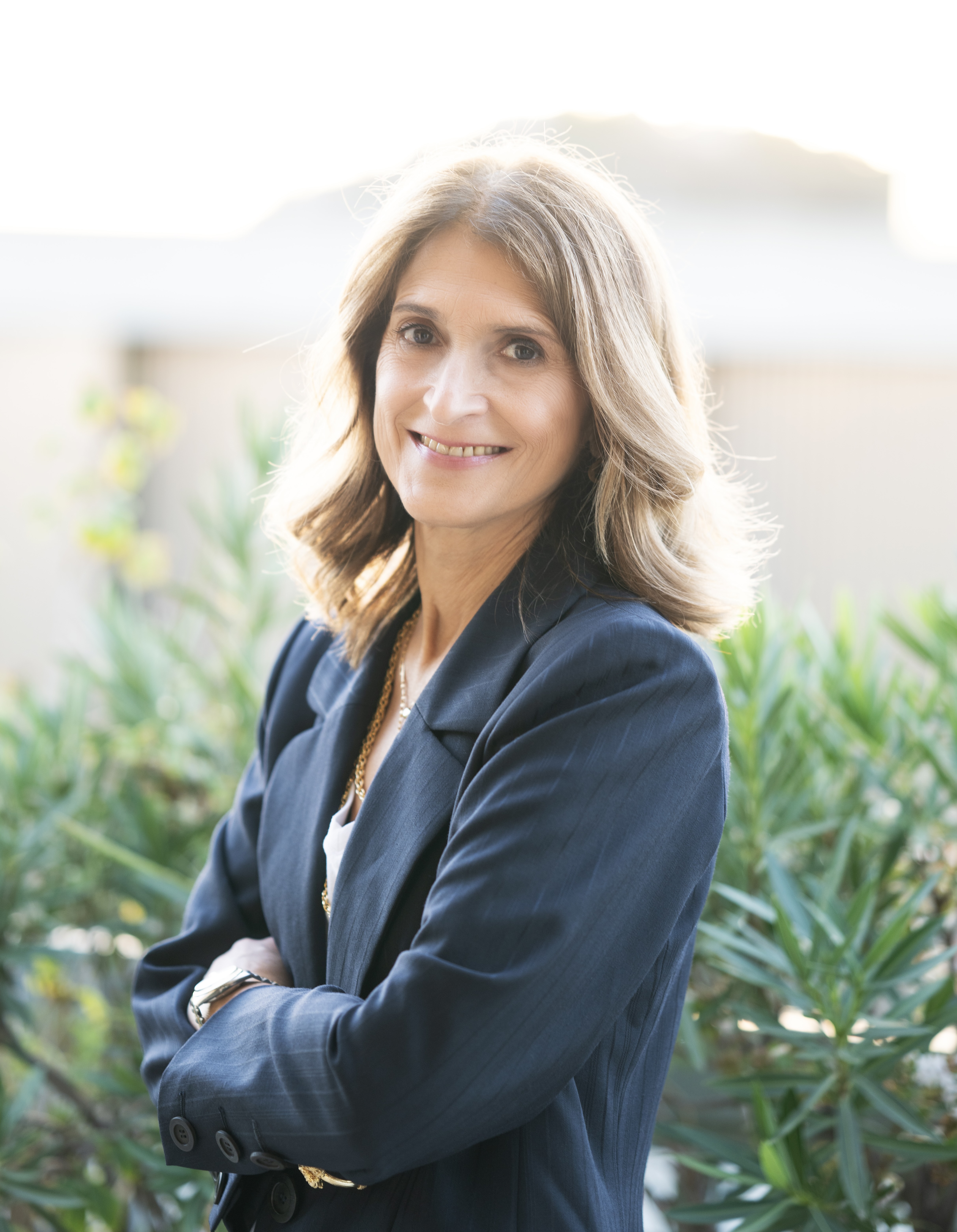 Sophia Kalantzakos is a Global Distinguished Professor of Environmental Studies and Public Policy in the Sheikh Mohamed bin Zayed Scholars Program at NYUAD. Her work examines how climate change, technological transformation, resource competition, and demographic shifts are reshaping global power and why contemporary governance systems are structurally unprepared for the world they have produced.
Sophia Kalantzakos is a Global Distinguished Professor of Environmental Studies and Public Policy in the Sheikh Mohamed bin Zayed Scholars Program at NYUAD. Her work examines how climate change, technological transformation, resource competition, and demographic shifts are reshaping global power and why contemporary governance systems are structurally unprepared for the world they have produced.
Her research focuses on resources and power, with particular attention to critical minerals, supply chains, and the geopolitical consequences of the green and digital transitions. She analyzes how decarbonization, the fourth industrial revolution, and the reconfiguration of global production are accelerating new alignments between the United States, China, Europe, the Global South, and the Gulf. Rather than treating these developments as technical or sectoral challenges, her work situates them within a broader political economy of industrial power, strategic rivalry, and institutional adaptation.
A central concern of Kalantzakos’ scholarship is the growing gap between global, interconnected challenges and increasingly inward-looking political responses. Her work explores how states manage irreversible transformations, from climate disruption and resource scarcity to aging societies and technological change, often through denial, delay, and inherited modes of thinking that no longer correspond to material realities. Across her research, she argues for the need to rethink prevailing epistemic frameworks and to develop new, action-oriented approaches to governing the global commons.
Kalantzakos’ work bridges political economy, international relations, and the environmental humanities. She founded and led eARThumanities, the Environmental Arts and Humanities Research Initiative at NYU Abu Dhabi, and launched The Geopolitics and Ecology of Himalayan Water, a research initiative examining water insecurity, climate risk, and geopolitical tensions affecting more than two billion people across Asia.
She is the author of China and the Geopolitics of Rare Earths published by Oxford University Press in 2018 with a revised edition in 2021 (translated into Hungarian, Italian and Russian) and, The EU, US, and China Tackling Climate Change: Policies and Alliances for the Anthropocene published by Routledge in 2017. She is the editor of Critical Minerals, the Climate Crisis and the Tech Imperium published by Springer in 2023 and co-editor of Energy and Environmental Transformations in a Globalizing World: An Interdisciplinary Dialogue, Nomiki Vivliothiki, 2015. She is currently working on book projects that examine Europe, China, the Gulf and strategic competition in the Horn of Africa, and a flagship book titledThe Geopolitics of Aging.
Kalantzakos has held fellowships at the Rachel Carson Center for Environment and Society in Munich, where she served on the Advisory Board and was President of the Society of Fellows; at the Princeton Institute for International and Regional Studies as a Fung Global Fellow, and at Caltech and The Huntington as a Senior Fellow in the Research Institute for the History of Science and Technology. During her time at Caltech and The Huntington, she worked on the discursive dimensions of China’s ecological civilization and convened interdisciplinary institutes on critical minerals, climate transformation, and landscape history in Asia.
